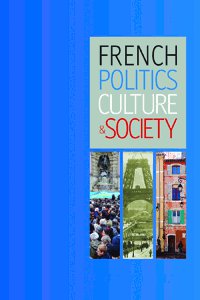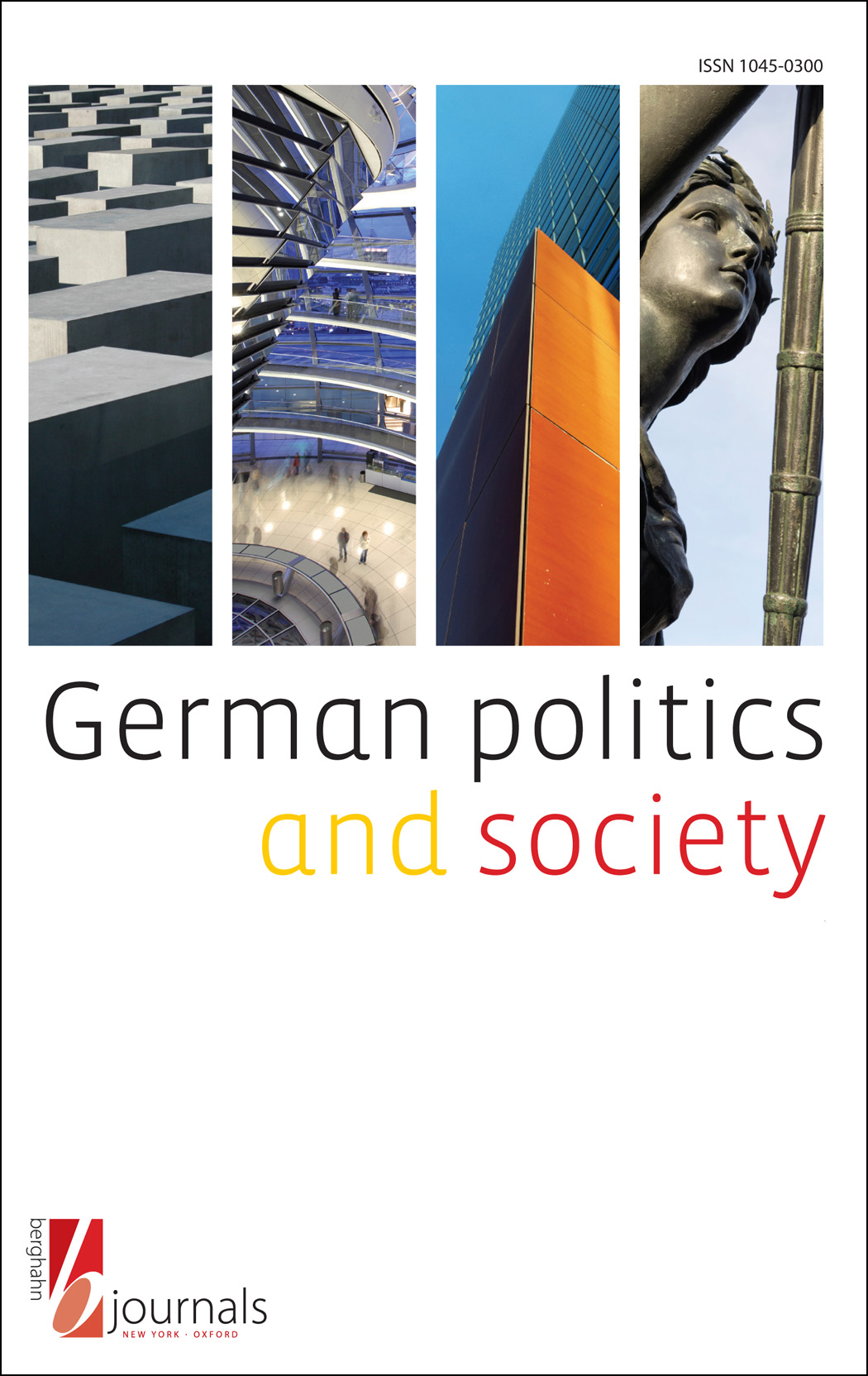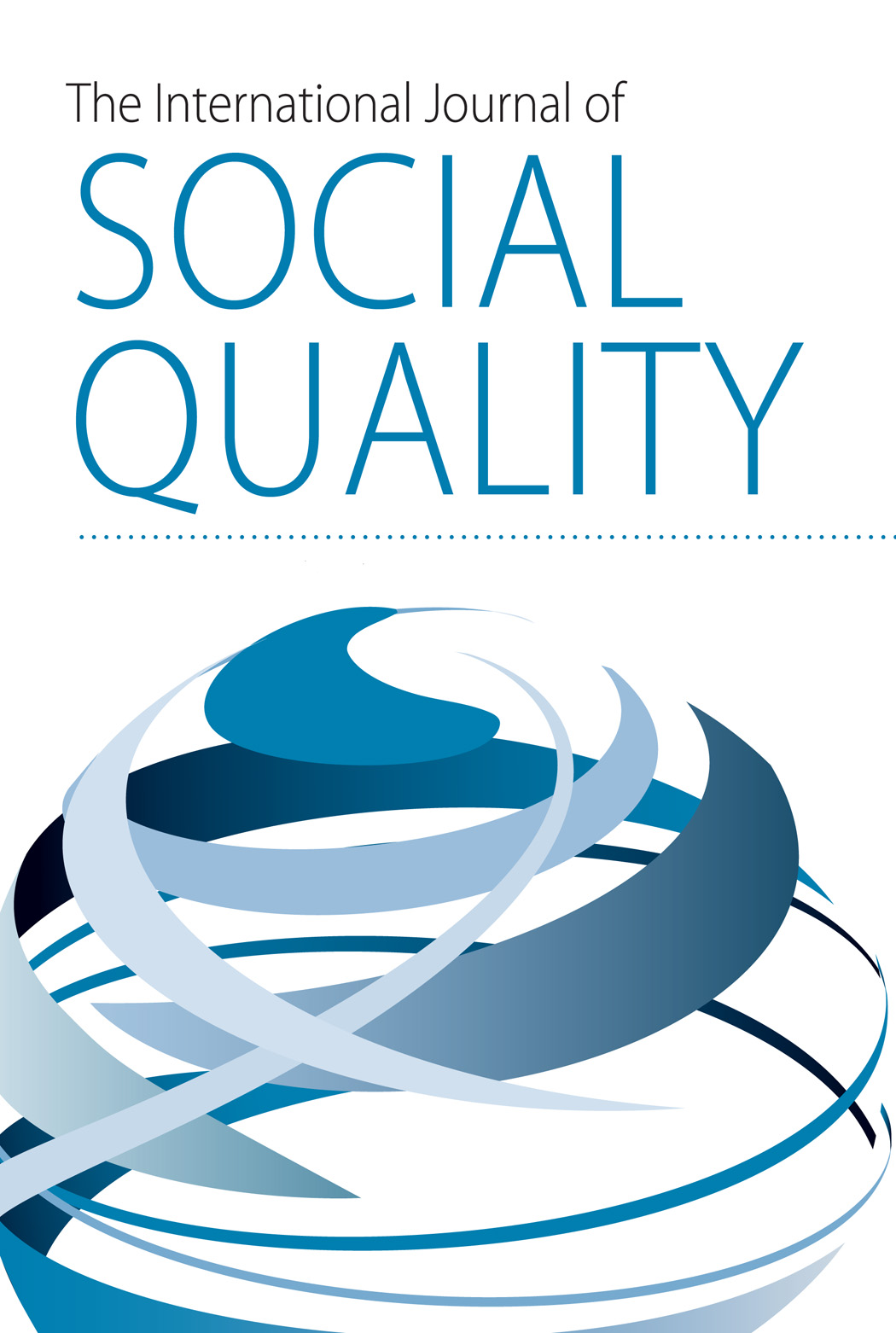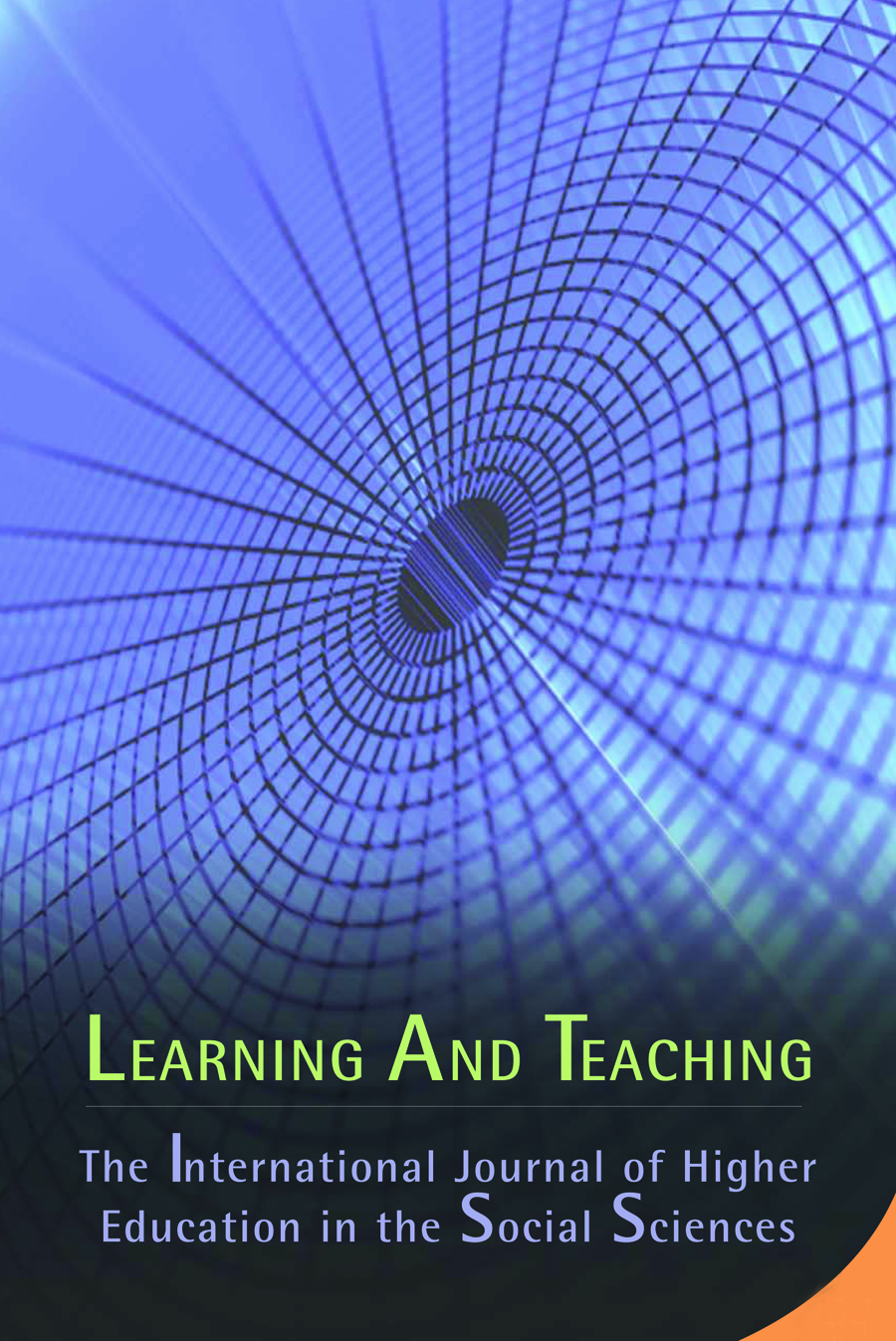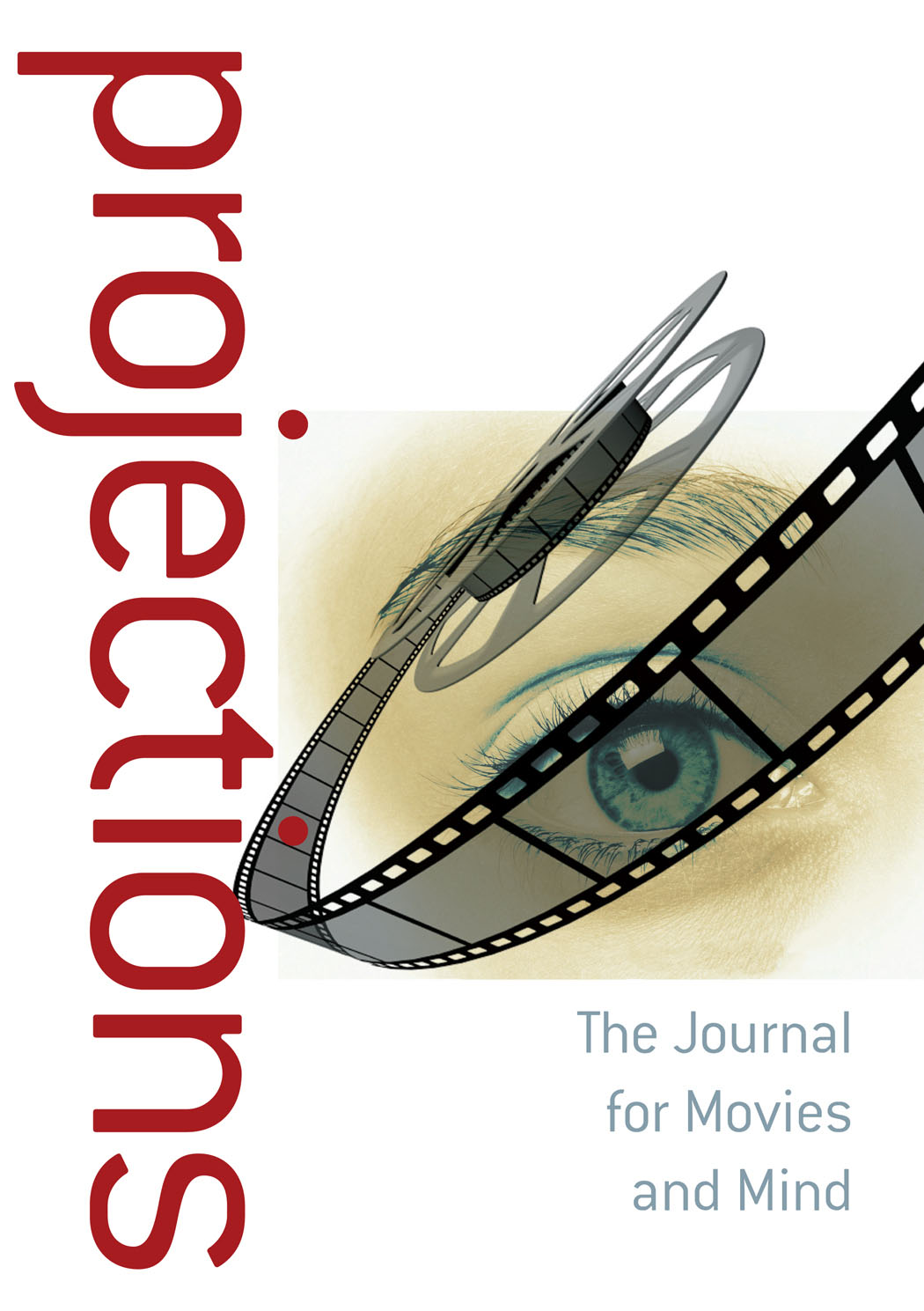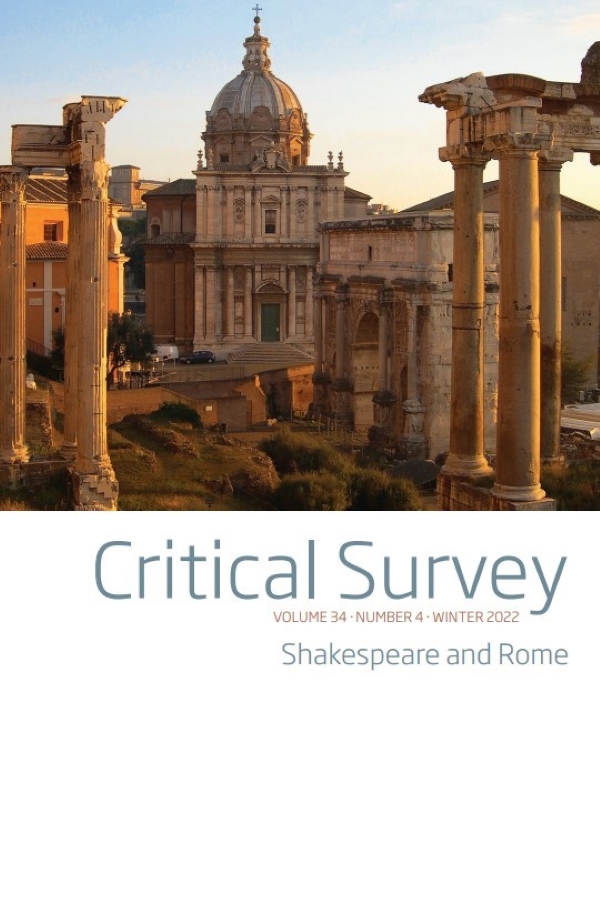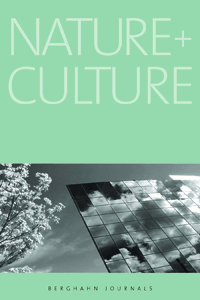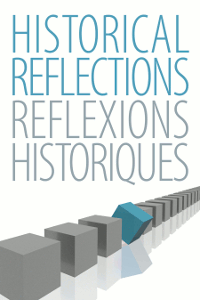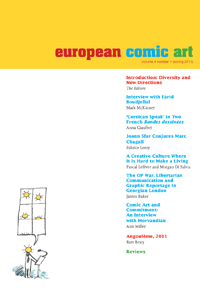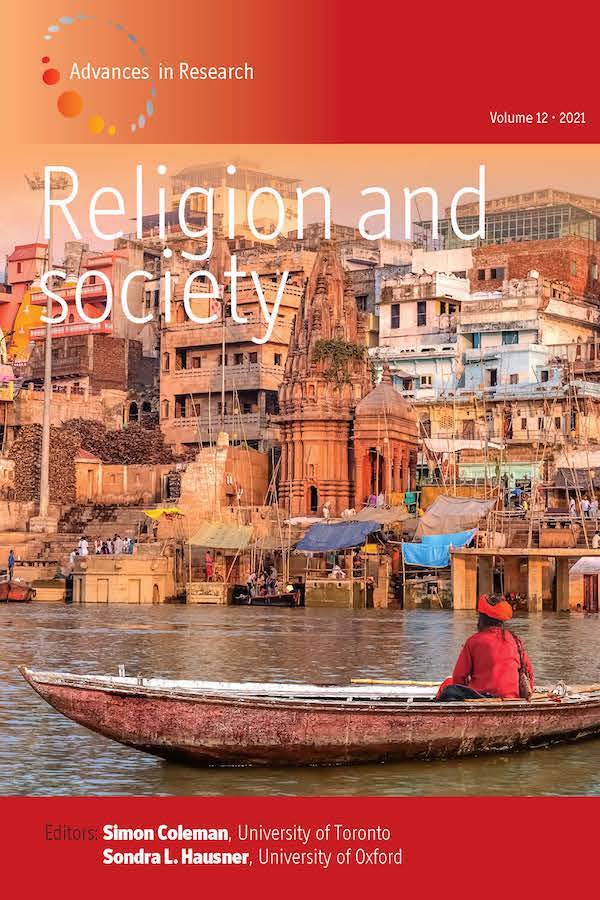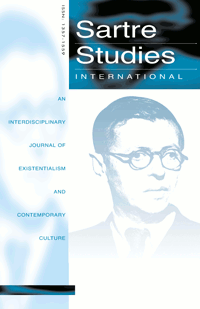Continue reading “Berghahn Journals: New Issues Published in November”
Tag: historical reflections/reflexions historiques
Berghahn Journals: New Issues Published in July
Berghahn Journals: New Issues Published in April
Berghahn Journals: New Issues Published in October
Berghahn Journals: New Issues Published in July
Hot Off the Press – New Journal Issues Published in April
Hot Off the Presses – New Journal Issues Published in September & October
Anthropology in Action: Journal for Applied Anthropology in Policy and Practice
Volume 22, Number 2
This issue features articles focusing on issues related to the Research Excellence Framework, the impact agenda, and debates surrounding open access. On December 18 2014, the results of the U.K.’s Research Excellence Framework (REF) evaluation exercise were released. This was made more complex by the fact that for the first time, 20% of the overall scoring of a unit of assessment was attributed to research ‘impact’. This issue of Anthropology in Action is dedicated to exploring issues raised by these events.
Continue reading “Hot Off the Presses – New Journal Issues Published in September & October”
Berghahn Books at the GSA 2015 Conference!
We are delighted to inform you that we will be attending the annual German Studies Association conference in Washington D.C., on October 1-4, 2015. Please stop by our stand to browse our latest selection of books at discounted prices & pick up some free journal samples. If you are unable to attend, we would like to provide you with a special discount offer. For the next 30 days, receive a 25% discount on all German Studies titles found on our website. At checkout, simply enter the discount code GSA15.
We hope to see you in Washington D.C.!
_________________________________________________________________________
Here is a preview of some of our newest releases on display:
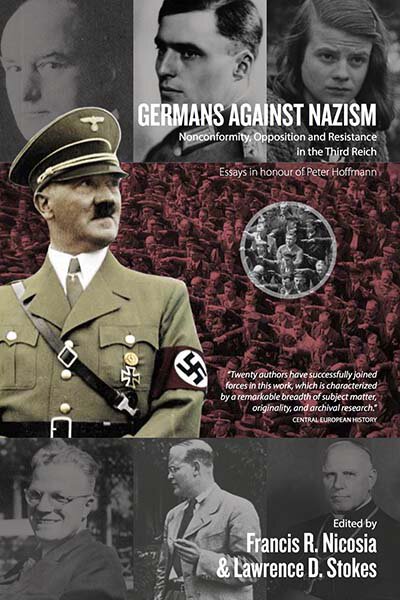 GERMANS AGAINST NAZISM
GERMANS AGAINST NAZISM
Nonconformity, Opposition and Resistance in the Third Reich: Essays in Honour of Peter Hoffmann
Edited by Francis R. Nicosia and Lawrence D. Stokes†
New and Revised Paperback Edition
Continue reading “Berghahn Books at the GSA 2015 Conference!”
Hot Off the Presses – New Journal Issues Published in July
European Comic Art
Volume 8, Issue 1
Articles in this edition of ECA pursue the theme of boundary crossing by examining negotiations between the national and the transnational from several different angles, including subject matter, influences, and critical traditions.
Continue reading “Hot Off the Presses – New Journal Issues Published in July”
Hot Off the Presses – New Journal Issues for December
The Cambridge Journal of Anthropology
Volume 32, Issue 2
This issue features a Special Section, guest edited by Kirsten Endres and Maria Six-Hohenbalken, titled: ‘Risks, Ruptures and Uncertainties: Dealing with Crisis in Asia’s Emerging Economies.’
Continue reading “Hot Off the Presses – New Journal Issues for December”


